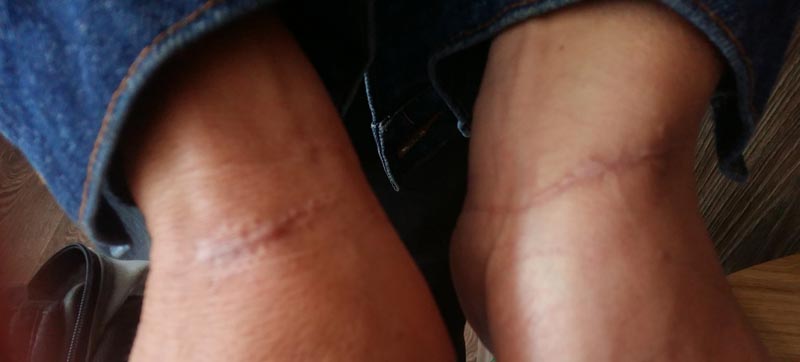 Torture
Torture
Countries lack commitment to banning torture, rights expert charges
New York: Governments have demonstrated a lack of credible commitment to banning torture and other cruel treatment, according to an independent expert mandated by the UN Human Rights Council to monitor the issue globally.
Nils Melzer, UN Special Rapporteur on torture, made the charge on Monday in presenting his latest report, which evaluates States’ response to his official communications and requests for country visits.
“While the reactions of governments to allegations and requests transmitted to them, range from complete silence to aggressive rejection, unsubstantiated denial, bureaucratic obstruction and even sophisticated forms of pretence, the common denominator of all of these patterns is that they ensure impunity for torturers and deprive victims of reparation and redress”, he said, according to a statement.
Response consistently falls short
The report looks at how national authorities have cooperated with the UN rapporteur, based on some 500 official communications transmitted from 2016 to 2020. Most responses, or 90 per cent, consistently fell short of the Council's standards for cooperation.
“Over the years, nine out of 10 allegations of torture and ill-treatment officially transmitted to governments in all regions of the world either have been completely ignored or otherwise did not receive a response permitting to effectively prevent, investigate or redress the violation in question”, Melzer said.
The situation was practically the same when it came to requests for country visits, particularly in those States where torture and ill-treatment are reported to be frequent, he added.
Political determination required
“Approximately 80 per cent of our country visit requests have been ignored, postponed or declined by governments. This has prevented us from carrying out independent monitoring visits where they are most needed,” he said, noting that even States that have issued standing invitations to UN experts ignore or reject country visit requests, thus failing to honour their own commitments.
“The absolute and universal prohibition of torture and ill-treatment is not some kind of declaratory slogan to be routinely repeated and celebrated at international conferences, but that it inevitably requires the political determination to take difficult decisions and the courage to face uncomfortable truths – not elsewhere, but right there at home”, Melzer said.
He recommended that the Office of the UN High Commissioner for Human Rights (OHCHR) spearhead a process to identify agreed standards for assessing and improving interaction between States and UN human rights experts.
Role of rapporteurs
Special Rapporteurs and independent experts are appointed by the UN Human Rights Council to report on specific country situations or thematic issues.
They serve in their individual capacity and are neither UN staff, nor are they paid by the Organization.
Support Our Journalism
We cannot do without you.. your contribution supports unbiased journalism
IBNS is not driven by any ism- not wokeism, not racism, not skewed secularism, not hyper right-wing or left liberal ideals, nor by any hardline religious beliefs or hyper nationalism. We want to serve you good old objective news, as they are. We do not judge or preach. We let people decide for themselves. We only try to present factual and well-sourced news.







